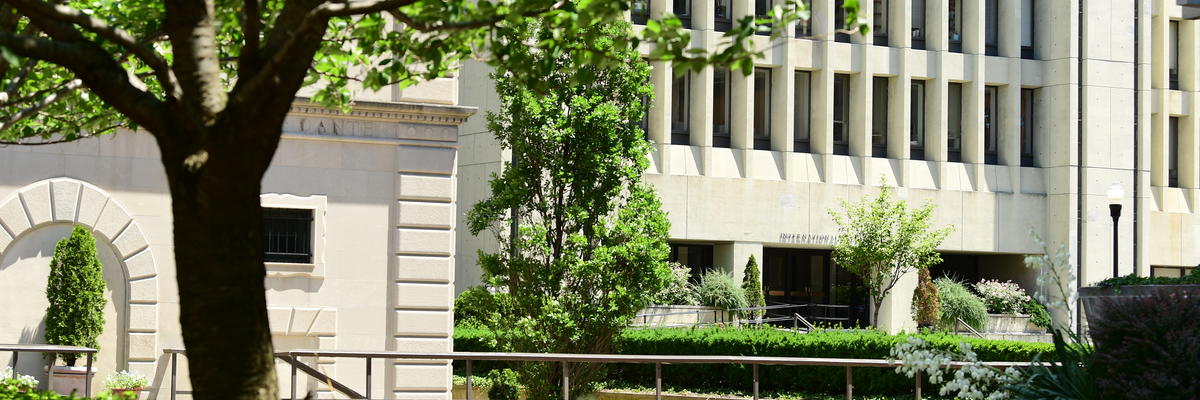
Urban and Social Policy Concentration
An interdisciplinary program providing students with the content knowledge, critical thinking, and analytic skills needed for a successful career in urban policy and/or social policy.
The interdisciplinary Urban and Social Policy concentration prepares students for a successful career in urban and/or social policy, with two distinct focus areas to fit their own unique academic and professional interests:
- The Urban Policy focus area provides students with an understanding of the policy challenges and opportunities that are particular to cities in both the developed and developing world. Students learn to design, implement and evaluate policies in fields like city management, civic engagement, community development, land use, housing, urban education, and transit, along with recent urban policy innovations in environmental sustainability, smart cities, technological integration, and business development.
- The Social Policy focus area prepares students to design, implement, and evaluate social policies that increase access to economic opportunity for women and minority populations, as well as those that manage economic and social risks, such as unemployment, poverty, social exclusion, crime, recidivism, homelessness, sickness, disability, and old age.

Who It’s For
There is no academic or professional prerequisite for students who wish to pursue Urban and Social Policy. The concentration can serve as a starting point for recent college graduates and others who are new to these policy areas. At the same time, students with a few years’ professional experience will find many advanced courses and new issues to explore.
Career Paths
Many USP alumni go on to work for the City of New York, State of New York, U.S. federal government, or comparable agencies in other cities, states, and countries. Our alumni are also well-represented at consulting firms, universities, community and advocacy organizations, philanthropy and other employers in the private and nonprofit sectors.
Curriculum & Courses
Concentration Requirements
The Urban and Social Policy concentration requires 15 credits.
- Students may focus in either Urban Policy or Social Policy, taking one core course (3 credits) and an additional 12 credits in elective courses within their chosen focus area.
- Courses taken to fulfill the MIA and MPA core requirements may not be double-counted toward the concentration requirements. However, students may double-count up to two (2) specialization courses.
- USP short courses (worth 1.5 credits) may be counted toward the elective requirement.
- A second USP core course may be counted toward the elective requirement.
To ask about bypassing some of these requirements, contact the concentration director.
Related Degree Programs
The Master of International Affairs (MIA), which includes selected STEM-designated pathways, is underpinned by SIPA’s unrivaled expertise on issues that transcend national boundaries and prepares students to address major international issues as experts and leaders in governments and organizations around the world.
The Master of Public Administration (MPA), which includes selected STEM-designated pathways, emphasizes a comparative approach to domestic policy and prepares students to address major national policy issues and manage organizations in the US and other countries around the world.

Frequently Asked Questions
Contact Us
Ester Fuchs
Concentration Director
+1 212-854-3866
[email protected]

